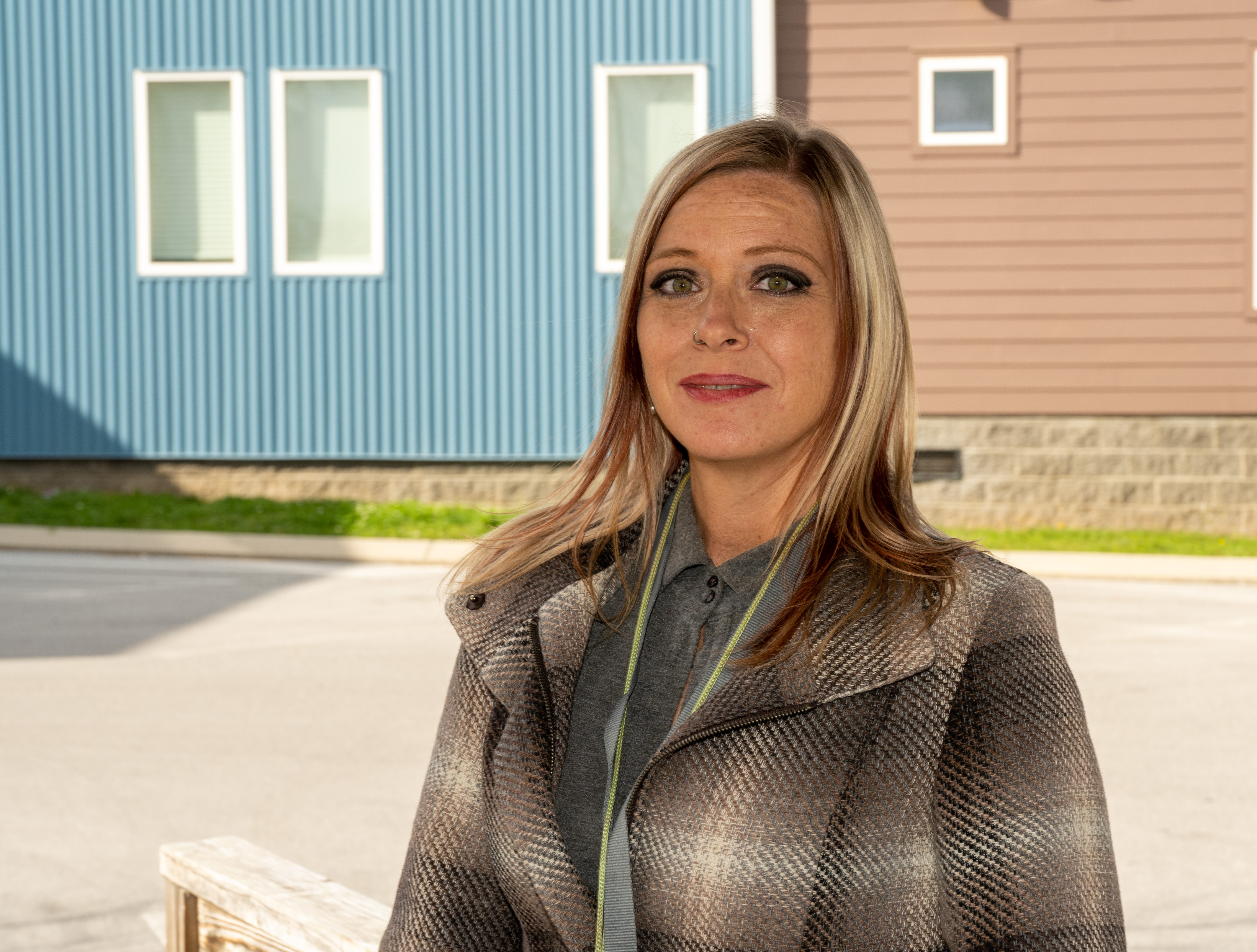
Recovery through safe, decent housing
The journey to recovery has been a tough one for Erica Hobbs. For years she worked to maintain sobriety as she dealt with mental health, legal issues, and an unstable living environment. Now clean and sober for nearly two years, Hobbs credits her move to a sober living facility in Chattanooga as a catalyst for her efforts to get her life back on track.
“It just seemed like I couldn’t maintain stability,” Hobbs said. “This has given me an opportunity to do just that. I have an amazing apartment now and support system. I really take pride in where I live and I’m able to maintain that stability and sobriety.”
Hobbs is one of 24 residents who live in a sober living apartment complex built by Chattanooga’s Council for Alcohol and Drug Abuse Services, also known as CADAS. The apartments were built with the help of a $500,000 grant from THDA’s Tennessee Housing Trust Fund, which helps fund various affordable housing projects across the state to help members of at-risk groups find safe, decent housing.
Located in Chattanooga’s growing Northshore neighborhood, CADAS rents apartments at the facility to residents at below market rates. In order to live there, residents must maintain sobriety, abide by curfew and visitation rules, and maintain employment or be enrolled in school. The goal is to eventually for them to be able to move out and successfully live on their own.
Since moving to CADAS in 2018, Hobbs said she has been able to stay sober and achieve goals she otherwise would not have.
Before finishing treatment and moving into her apartment, Hobbs said she faced legal trouble related to her drinking problems. Now she’s enrolled at the University of Tennessee-Chattanooga, where she is working towards a degree in psychology.
“It’s amazing,” she said. “I am able to go to school and be on the dean’s list, and I have a place where I can study with as little distraction as possible. If it wasn’t for CADAS and the support system, the team there and my apartment, I wouldn’t be where I am today and reach the goals I set for myself.
“There are definitely not a lot of places like this. A lot of people end up homeless or in the system because of mental illness and addiction, and we definitely need more places like this that can really help people deal with these issues.”
